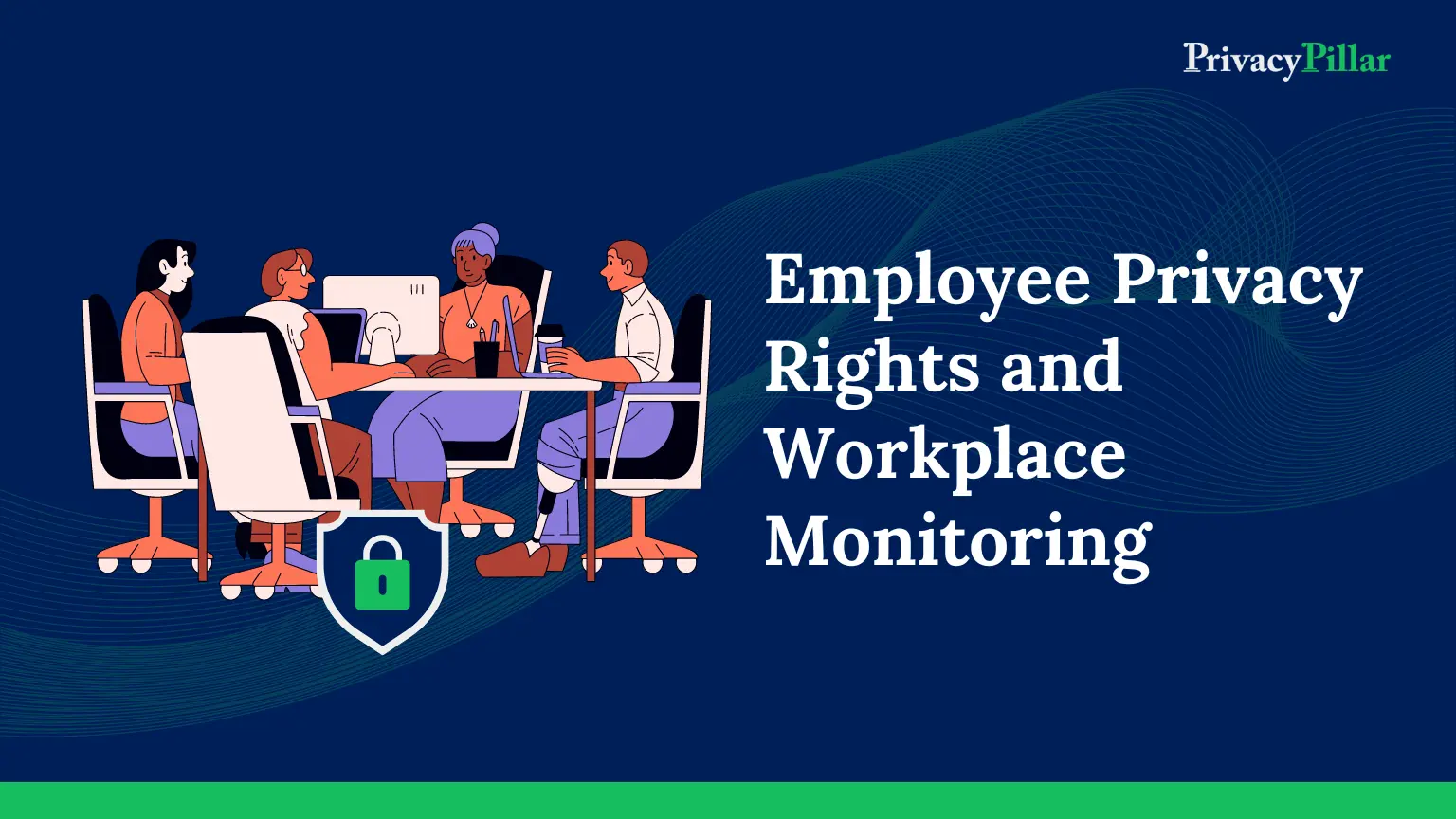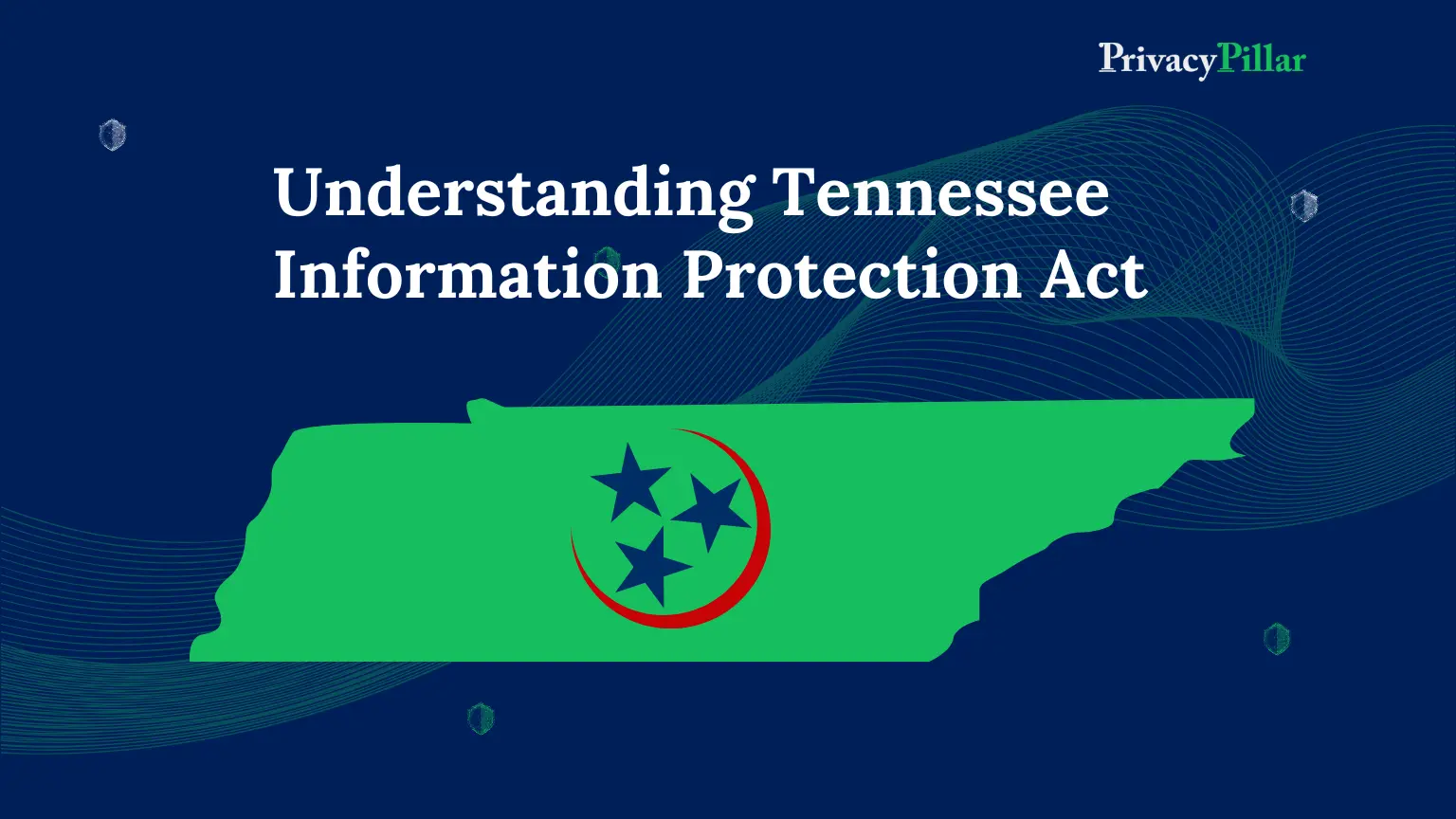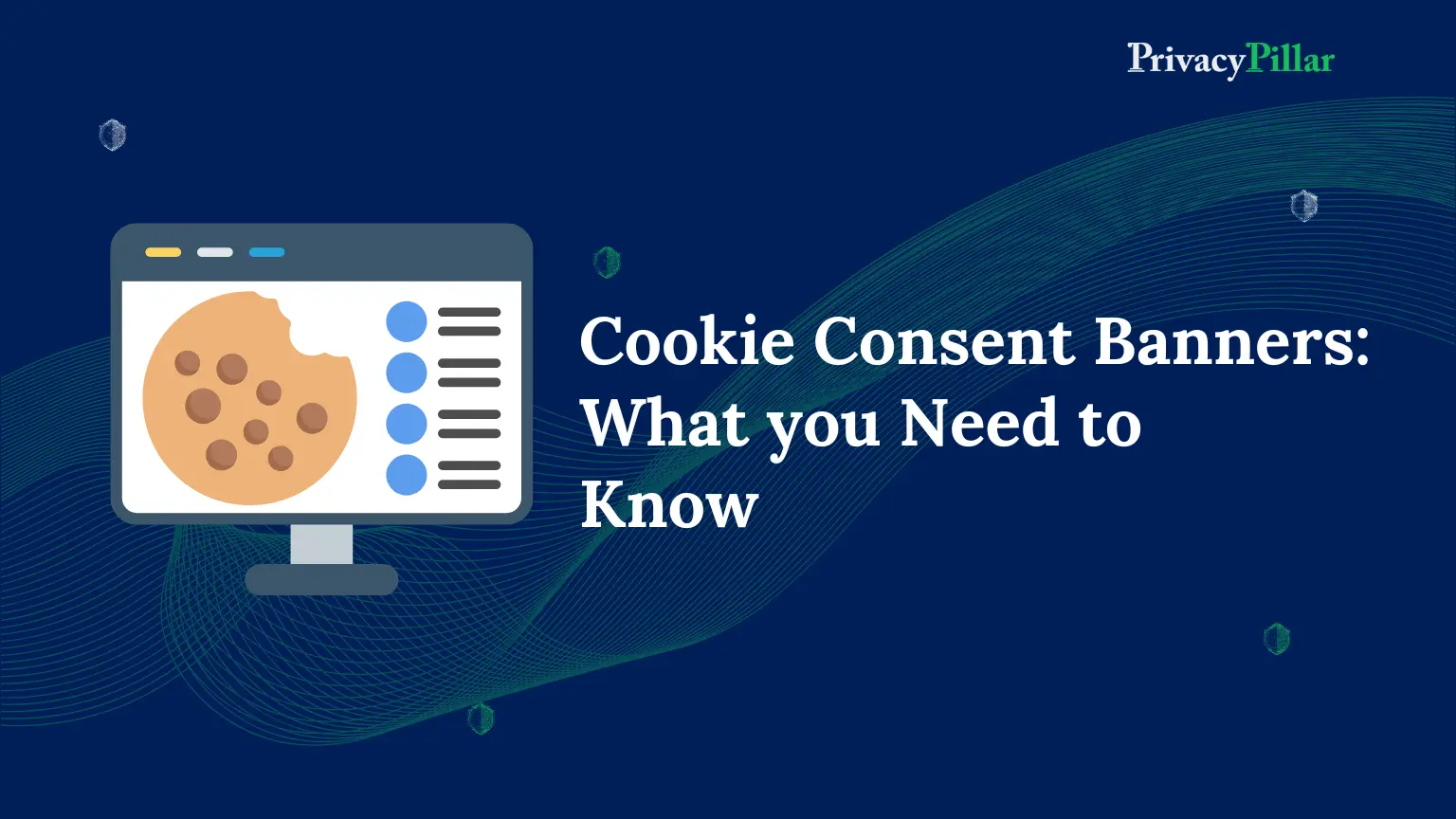
Employee Privacy Rights and Workplace Monitoring
What Are Employee Privacy Rights?
Employee privacy rights are those which an individual has over their personal information and activities within their place of work. These rights ensure that organizations handle employee’s personal data with respect and keep them safe from unauthorized use or access. The employee privacy rights generally include the right for employees to know when and what personal data is collected, access to their own personal data, and the option to ask for changes or removal of their data.
Types of Workplace Monitoring
Email and Internet Usage
Employers often monitor employee’s email and internet usage to ensure that company resources are being used appropriately and to prevent any illegal or unauthorized activities. This monitoring can include tracking websites visited, scanning emails for keywords and logging keystrokes.
Video Surveillance or CCTV
Video surveillance/CCTV is commonly used in workplaces to enhance security and monitor employee behavior. Cameras may be placed in common areas, entrances, and exits, but not installed in private areas such as restrooms or changing rooms.
GPS Tracking
For employees who work outside the office, such as delivery drivers or sales representatives, GPS tracking can be used to monitor their location and ensure they are following assigned routes or schedules.
Phone Monitoring
Employers may monitor phone calls made on company phones to ensure that employees are using them for work-related purposes. This can include recording conversations and tracking call logs.
Why Is Workplace Monitoring Implemented?
Monitoring at workplace is implemented for various reasons, including:
- To make sure employees meet productivity standards and use company resources efficiently.
- To prevent theft, any misuse of resources and fraud.
- Industries like financial services need to monitor communications to prevent insider trading in order to comply with regulations.
- To protect systems against cybersecurity threats by detecting unauthorized access or suspicious activities.
How Does Workplace Monitoring Affect Employee Privacy?
Continuous monitoring at work can greatly impact employee privacy. It can make employees feel like they are under constant supervision and reduce the trust and freedom they feel with their employers. Potential privacy concerns include:
- Invasion of Personal Space: Monitoring personal communications or activities outside of work hours can be seen as an invasion of privacy.
- Data Security Risks: Storing large amounts of employee data increases the risk of data breaches and unauthorized access.
- Employee Morale: Excessive monitoring can lead to decreased job satisfaction and increased stress among employees.
- Legal Risks: Improper monitoring practices can lead to legal challenges and penalties for the employer.
Maintaining a healthy and productive workplace environment requires a balance between monitoring needs and respecting employee privacy rights.
What Are the Legal Regulations Governing Workplace Monitoring?
Various legal regulations govern workplace monitoring, including:
- United States: The Electronic Communications Privacy Act (ECPA) and the Stored Communications Act (SCA) provide some protections for electronic communications, while state laws like the CCPA offer additional rights. The Health Insurance Portability and Accountability Act (HIPAA) also Protects the privacy and security of health information if employers provide health insurance to employees.
- European Union: The GDPR is the primary regulation governing data privacy, including workplace monitoring. It requires employers to have a legal basis for processing personal data and to protect employee data with appropriate security measures.
- Other Jurisdictions: Countries like Canada have their own privacy laws, such as the Personal Information Protection and Electronic Documents Act (PIPEDA), which governs the collection, use, and disclosure of personal information in the course of commercial activities and applies to employee data in federally regulated workplaces. Protection of Personal Information Act (POPIA) in South Africa governs the processing of personal information, including employee data, and requires employers to ensure data protection. Brazil’s General Data Protection Law (LGPD), similar to the GDPR, it requires employers to obtain consent or have another legal basis for processing employee data.
Employers must navigate these regulations carefully to ensure compliance and avoid legal repercussions.
How Do Companies Ensure Compliance with Privacy Regulations?
To ensure compliance with privacy regulations, companies can implement several best practices, including:
- Privacy Impact Assessments (PIAs): Conducting PIAs can help identify and mitigate privacy risks associated with monitoring practices.
- Data Protection Officers (DPOs): Appointing DPOs ensures that privacy considerations are integrated into business operations and that compliance is maintained.
- Employee Training: Regular training sessions on data privacy and security help employees understand their rights and responsibilities.
- Clear Policies: Developing and communicating clear monitoring policies helps employees understand what is being monitored and why.
- Regular Audits: Conducting regular audits ensures that monitoring practices comply with legal requirements and company policies.
What Are the Ethical Considerations in Workplace Monitoring?
Ethical considerations in workplace monitoring include:
- Respect for Privacy: Employers should respect employees’ privacy by limiting monitoring to what is necessary and avoiding intrusive practices.
- Transparency: Being transparent about monitoring practices helps build trust and ensures employees are aware of what is being monitored.
- Fairness: Monitoring should be applied consistently and fairly across all employees to avoid discrimination or favoritism.
- Purpose Limitation: Data collected through monitoring should only be used for the stated purposes and not for unrelated activities.
For example, ethical monitoring practices include informing employees about monitoring and using data solely for security purposes, while unethical practices involve covert monitoring and using data to unfairly penalize employees.
How Can Employers Implement Transparent Monitoring Policies?
Implementing transparent monitoring policies involves:
- Clear Communication: Employers should clearly communicate the purpose, scope and methods of monitoring to employees.
- Employee Consent: Obtaining explicit consent from employees ensures they are aware of and agree to the monitoring.
- Access to Information: Providing employees with access to the data collected about them helps build trust and allows them to address any inaccuracies.
- Regular Reviews: Regularly reviewing and updating monitoring policies ensures they remain relevant and compliant with legal requirements.
How Can Employees Protect Their Privacy Rights?
Employees can protect their privacy rights by:
- Understanding Their Rights: Being aware of their legal rights regarding privacy and monitoring.
- Communicating Concerns: Voicing any concerns about monitoring practices to their employer or DPO.
- Seeking Legal Advice: Consulting with a privacy professional or attorney if they believe their rights are being violated.
- Using Personal Devices: Minimizing the use of company devices for personal activities to reduce monitoring exposure.
Employers and employees can work together to protect privacy by being open and trustworthy, using fair and ethical monitoring practices, and staying updated about legal and technological changes. Companies can create a positive and productive work environment by balancing the need for monitoring with respect for privacy rights.



